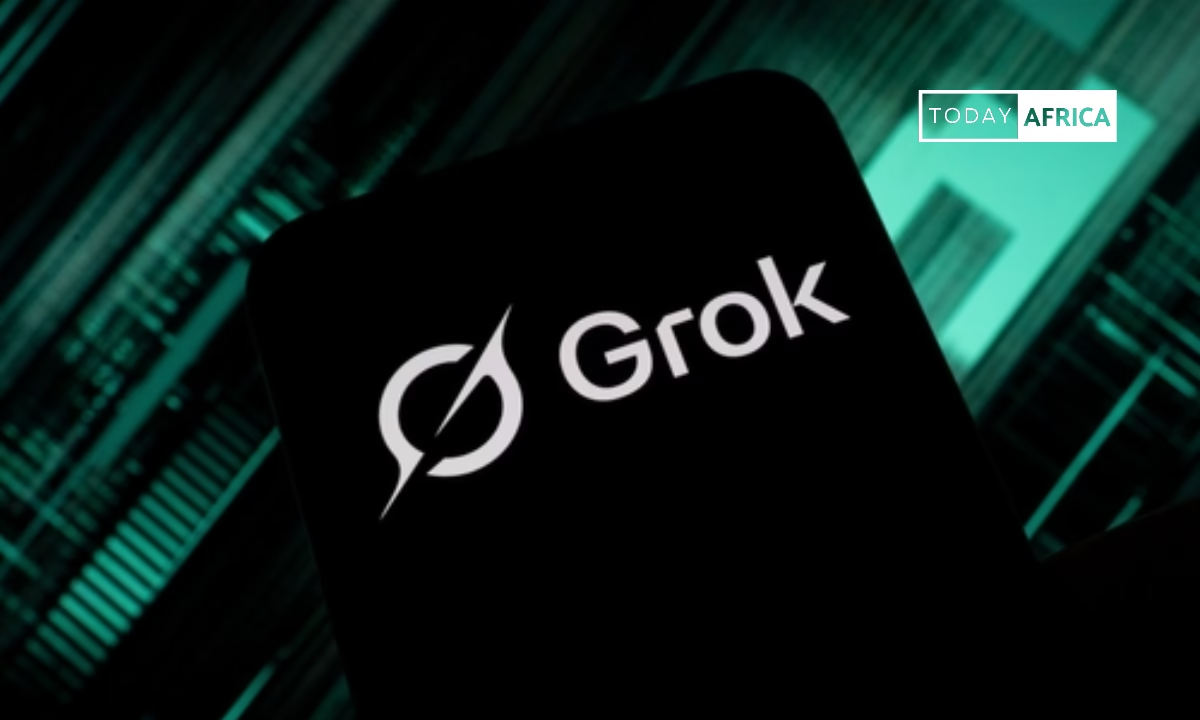Telkom, South Africa’s third-largest telecom company, is currently in exclusive negotiations with a consortium of equity investors, including a Black Economic Empowerment partner, for the potential sale of its masts and towers business, Swiftnet. Telkom, looking to unlock value in this segment, sees the move as essential, considering its undervaluation within the current group structure.
Simultaneously, Telkom, majority-owned by the government, reported a substantial 46.7% increase in half-year profit. The boost is attributed to lower depreciation charges and robust growth in core profit. In the six months ending September 30, headline earnings per share rose to 1.95 rand from a restated profit of 1.33 rand.

According to the telecom company, “Telkom’s strategic shift towards becoming an infrastructure company is expected to be fully realized by the end of 2025. Beyond the masts and towers transition, the company aims to explore further opportunities for value realization, including potential minority partnerships for Openserve and securing a strategic equity partner for BCX, its fibre, and ICT businesses.”
Furthermore, Group revenue also witnessed a 2.5% growth, reaching 21.8 billion rand ($1.19 billion). This increase is attributed to the growth in mobile traffic, monetizing fibre rollouts, and IT business expansion. Notably, Telkom achieved a 4.1% rise in total external revenue from mobile operations, reaching 11 billion rand.
The telecom’s investment in migrating customers to faster technologies, such as fibre and LTE, contributed to the overall success. Cost-reduction initiatives partially offset inflationary pressures, leading to a 2.4% increase in operating expenses. Despite this, group earnings before interest, tax, depreciation, and amortization grew by 1.7% to 5 billion rand.
Navigating South Africa’s telecom landscape
South Africa’s telecom industry is undergoing significant shifts marked by technological advancements and intense competition. Telkom, a major player, faces the dual challenge of adapting to evolving consumer preferences and navigating a dynamic regulatory landscape.
In this environment, the telecom’s decisions are not without hurdles. Adapting to changing technologies requires a delicate balance, considering the competitive market dynamics and the need to comply with regulatory frameworks. Government policies also play a crucial role, in influencing Telkom’s considerations.
Yet, within these challenges lie opportunities. the company’s exploration of the masts and towers business aligns seamlessly with the surging demand for robust telecom infrastructure. As Telkom transforms into an infrastructure giant, it positions itself to capitalize on emerging opportunities, potentially contributing to national development initiatives.
Shaping the future of connectivity
This technological shift is not just about upgrading networks; it is about enhancing the customer experience. By investing in cutting-edge technologies, Telkom aims to provide faster, more reliable connections. Customers can anticipate seamless services, reduced latency, and expanded capabilities, meeting the growing demand for high-speed data and richer content.

Strategically, this technology transition places Telkom as a leader in providing innovative solutions. Beyond meeting current consumer needs, it positions the company at the forefront of anticipated future demands.
Moreover, the telecom’s embrace of fibre and LTE mirrors broader industry trends. The global push towards 5G technology and smart infrastructure resonates with Telkom’s initiatives, contributing to shaping local trends in the South African telecom sector.
Source: Technext24
















